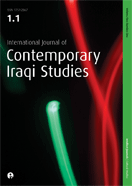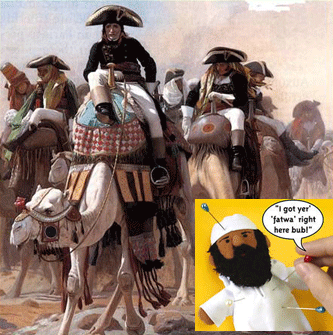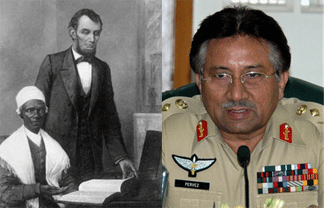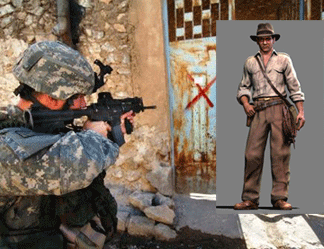
The International Journal of Contemporary Iraqi Studies is a new peer-reviewed, tri- annual, academic publication, sponsored by the International Association of Contemporary Iraqi Studies, and is devoted to the study of modern Iraq. In recognition of Iraq’s increasingly important position on the editors are: Tareq Ismael and Jacqueline Ismael at the University of Calgary (ijcis@intellectbooks.com).
For those interested, the first issue from 2007 is available free online in pdf format. Contents of more recent issues are also available online. The articles in the first issue are:
The Islamist imaginary: Islam,Iraq,and the projections of empire (Raymond W. Baker)
Media and lobbyist support for the US invasion of Iraq (Janice J. Terry)
Beating the drum:Canadian print media and the build-up to the invasion of Iraq (Tareq Y. Ismael)
The United States in Iraq:the consequences of occupation (Stephen Zunes)
Toward regional war in the Middle East? (Richard Falk)
Reconstructing the performance of the Iraqi economy 1950-2006: an essay with some hypotheses and many questions (Roger Owen)






